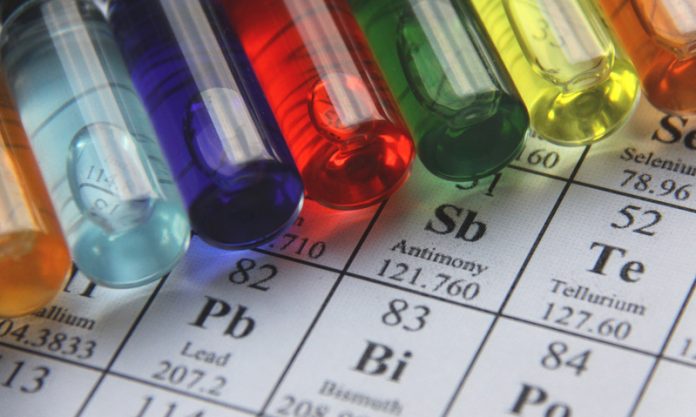Royal Society of Chemistry President Professor Sir John Holman reflects on the importance of maintaining international collaboration following Brexit
I was recently with the German Chemical Society (GDCh), to help them celebrate their 150th anniversary. The Royal Society of Chemistry maintains an international collaboration of the GDCh, and we were given a prominent position in the programme. It was a fantastic event, held in the Berlin Concert House, and brilliantly well organised.
I gave a short talk about our joint origins, and I made the point that chemistry has no nationality. It is an international subject with an international language, and chemists collaborate outside of borders.
In fact, when the GDCh had their 25th anniversary, the then-president of the Royal Society of Chemistry – or the Chemical Society as it was then – sent his greetings to the president of the GDCh, and he made this same point, that chemistry has no nationality.
What he said then is just as true today. With Brexit, we need to emphasise it more than ever now, because of chemistry, like any science, depends on scientists crossing borders, and if they can’t cross borders they can’t get to work with each other. You might wonder why that matters now that we have the internet, but it does because we’re human, and humans work best when they can interact personally.
So, the one transcending theme that I find whenever I go overseas is this theme that chemistry has no nationality, and that scientists must be free to cross borders, to interact and exchange ideas.
The other thing that I’m struck by is that the Royal Society of Chemistry is held in very high regard internationally. Not only because we are a very long-established organisation – one of the longest-established chemical societies in the world – but also because of what we do now.
We run a highly successful international publishing business, and we have conferences, and journals, and ways of interacting with people all around the world. We’ve got members across the globe – in 124 countries at the latest count. The feeling of warmth and respect towards the Royal Society of Chemistry – whether I’m in the USA, Brazil, India, Germany or wherever – is very striking.
When you travel, you keep learning. You meet new people and you learn about the different things they do. But you also realise there are an awful lot of similarities in the way that science is practised and the things that motivate scientists – the need to pursue one’s career, the respect that young researchers have for the older researchers that they’ve learned from, and the lifelong bonds that form through that relationship. These are consistent in any country.
In visiting other countries, I also learn how lucky we are, in many ways, in having such a strong UK university system, which without any doubt is world-class. You see what a long way some countries still must go in the development of their research, but also how fast some of them are moving, particularly in countries like India and Brazil.
Doubt surrounding Brexit
Now Brexit is causing a lot of uncertainty. I think chemists around the world are disappointed and worried that we aren’t going to interact with them in the way that we have done in the past. I am determined that everything we do demonstrates that we will be open to cooperation, and it’s great that the EuCheMS conference is coming to Liverpool next year and that we will be able to show, in person, the truth of our desire to continue collaborating strongly with our European partners.
As far as the Royal Society of Chemistry is concerned we are throwing the doors open even wider – we’re not closing them. Whether the eventual settlement that the government comes up with will help us do that, we’ll have to see. We can only hope, and we can only advise, and tell the government that this isn’t just about funding, it’s about people.
It’s about the easy movement of people, and as part of the UK science minister’s high-level group on Brexit, I’m fortunate to have an opportunity to emphasise that. I think he understands it, but he is one minister amongst many and they have competing demands – there are all sorts of tensions pulling in different directions as we negotiate Brexit.
Our job is to make sure that the needs of science are made very clear, and are emphasised again and again and again. Because I really believe that strong science in this country benefits everyone. And it’s not just scientists who benefit because a country that’s got a strong base in science will have a strong base in technology and will have a strong knowledge economy.
It’s very important that we send out a clear single message. This is a very complex situation, and scientists are very good at understanding complexity, not necessarily so good at simplifying it down to clear messages. That’s what we’ve got to do now – gather a consensus for a clear single message.
Professor Sir John Holman
President
Royal Society of Chemistry
Tel: +44 (0)1223 420 066











